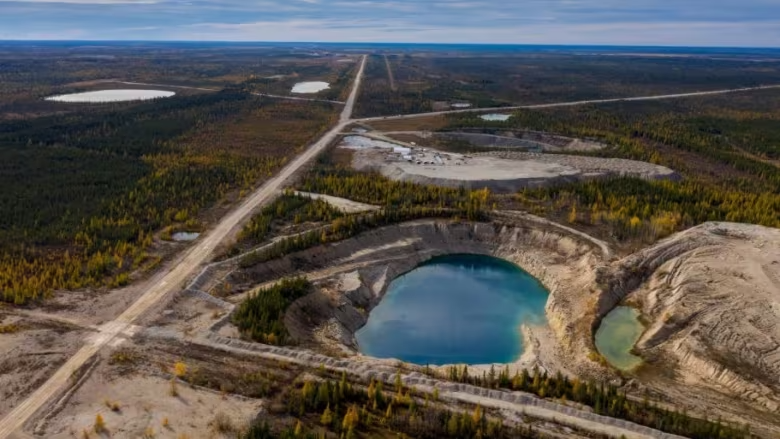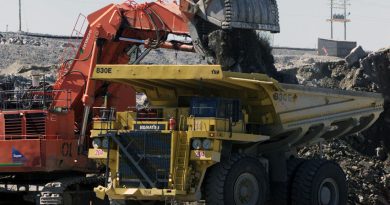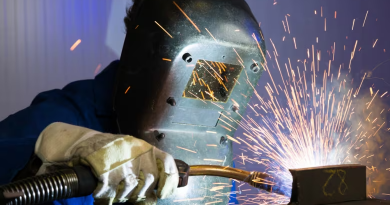Companies look to government for help turning N.W.T. projects into mines

‘We are operating in a very, very difficult capital market regime right now for mining companies’
Mining companies hoping to transform exploration projects in the N.W.T. into producing mines are looking to tap into the billions of dollars the federal government announced last year to spur the development of the country’s critical minerals industry.
The federal government earmarked $3.8 billion in funding for critical minerals development in its 2022 budget. In December it released a strategy that set out broad goals for how that money will be spent.
The funding was announced at a time when mining companies, particularly those operating in the high-cost northern environment, were continuing to find it difficult to raise money in private capital markets.
“We are operating in a very, very difficult capital market regime right now for mining companies,” said Robin Goad, president and CEO of Fortune Minerals. “It’s extremely difficult to attract capital. That is one of the major challenges that’s impacting the company at this time.”
Goad was one of three mining company leaders to brief a committee meeting of N.W.T. MLAs on critical minerals Monday. Fortune has been trying to develop the NICO cobalt, gold, bismuth and copper project in the Tłı̨chǫ region. Startup costs for mining and processing are estimated at $750 million.
Waiting to learn more about allocation
All three mining leaders are eyeing the federal government’s critical mineral strategy to understand how that $3.8 billion in last year’s budget will be allocated over the next five years.
“We’ve been talking about government support for four or five years now and, quite frankly, Canadian projects haven’t really seen any significant support yet,” said Goad. “We know it’s coming but it’s certainly taking a long time to get that support to the mining companies.”
Rohan Hazelton is president and CEO of NorZinc, the company that’s developing the Prairie Creek zinc, silver and lead deposit in Nahanni National Park Reserve. He said his company is tapping into another federal fund to get money to help complete a 170km road to the mine.
“Our company has applied for funding from the National Trade Corridor Fund, which aimed at transportation synergies in particular, and we’re waiting to hear on that ourselves, and that would be funding for the all-season road,” Hazelton said.
‘They were needed yesterday’
Osisko Metals’ Jeff Hussey told MLAs money isn’t the only thing that can help move his Pine Point lead and zinc project and others ahead.
“What could the government do?” he asked.
“Just be there to collaborate and help advance these projects, because they were needed yesterday, for everyone.”
Both Osisko and NorZinc have had some recent success raising private money.
Last week, Osisko announced it has finalized a four-year agreement worth $100 million with U.K.-based Appian Capital Advisory. With the deal, Appian bought 60 per cent of the Pine Point project. The money will finance the completion of final exploration, feasibility and regulatory work.
Late last year, NorZinc shareholders agreed to a buyout by a deep-pocketed private equity group based in Delaware.
Related stories from around the North:
Canada: Canada needs new approach to meet Arctic challenges, conference hears, Eye on the Arctic
Finland: The world could transition entirely to cheap, safe renewable energy before 2050: Finnish study, Yle News
Russia: Murmansk to expand lithium mining, eyes battery production, The Independent Barents Observer
Sweden: Sweden, Norway and Finland cooperating to attract workers to the Far North, Radio Sweden
United States: BLM proposes allowing ConocoPhillips to drill most of its Arctic Willow project, Alaska Public Media



